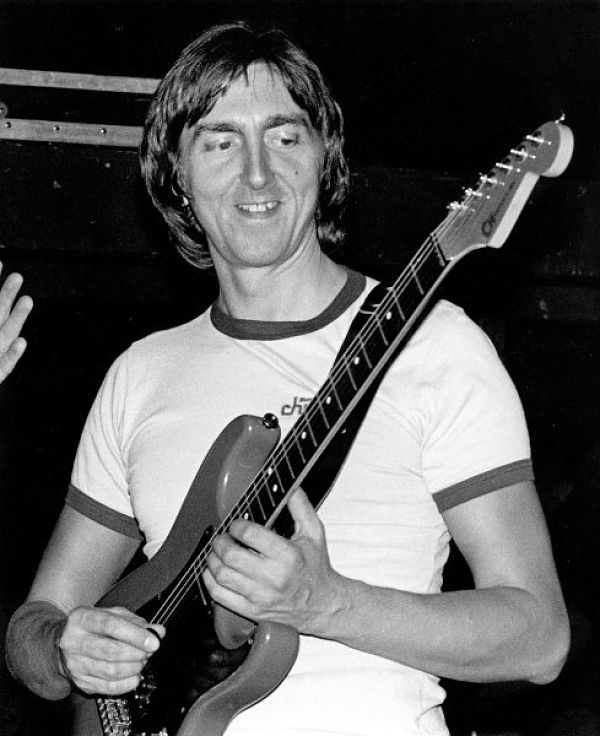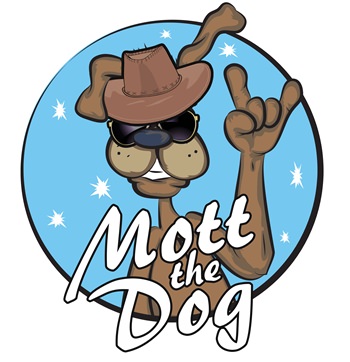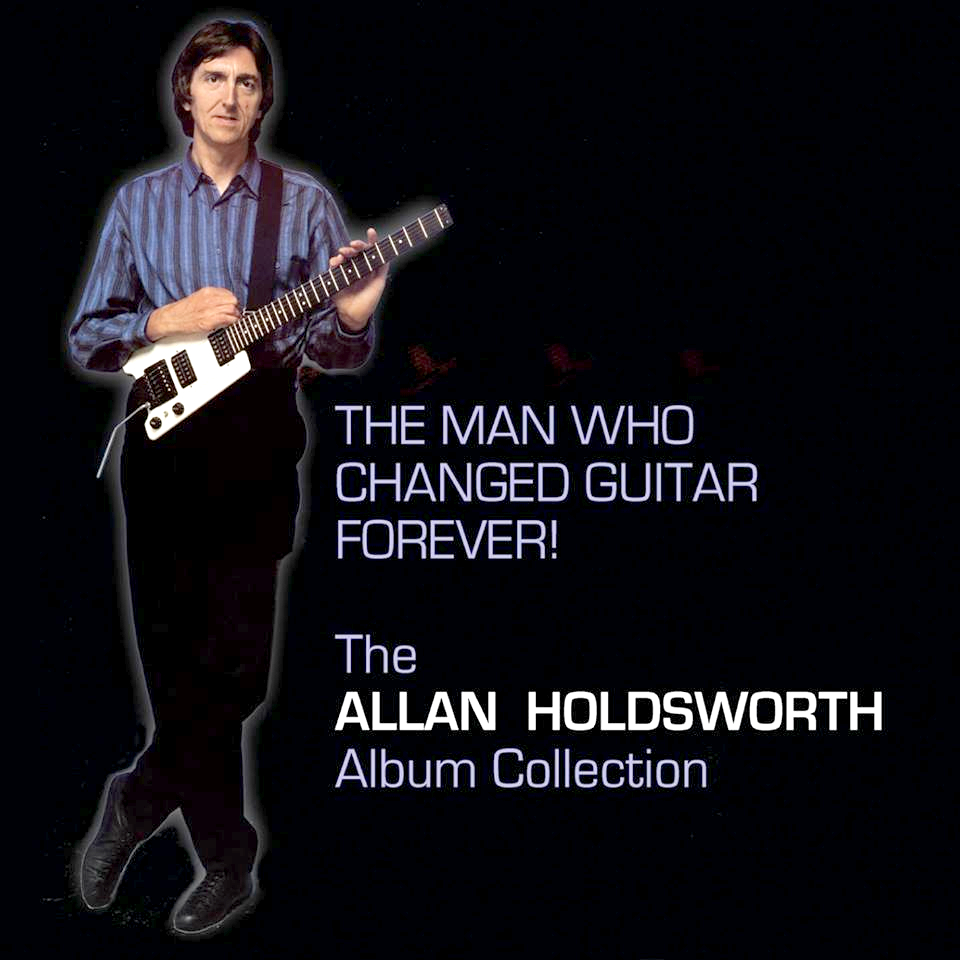
 Sadly in 2017 another fine musician has been taken from us. Allan Holdsworth, who passed away April 15, was possibly one of the most unsung guitarists of the past few decades as well as conversely being one of the most respected. He demonstrated a myriad of musical styles over his long career and enjoyed playing most of them. From pop music to the most intricate jazz/rock he tended throughout his career to change directions extremely rapidly, but shining in all. In the jazz/rock field he was undoubtedly in the vanguard and one of its foremost leaders.
Sadly in 2017 another fine musician has been taken from us. Allan Holdsworth, who passed away April 15, was possibly one of the most unsung guitarists of the past few decades as well as conversely being one of the most respected. He demonstrated a myriad of musical styles over his long career and enjoyed playing most of them. From pop music to the most intricate jazz/rock he tended throughout his career to change directions extremely rapidly, but shining in all. In the jazz/rock field he was undoubtedly in the vanguard and one of its foremost leaders.
Holdsworth first shone with his guitar on Igginbottom’s album “Igginbottom’s Wrench” in 1969. After that he played with so many people it would be impossible to name them all in one review but to express the extremes to which he played, he teamed up with experimental jazz-rockers Soft Machine, appearing on their album Bundles (1975) as well as playing solos for Swedish hard rock band Krokus. He also helped Bill Bruford set up jazz-rock supergroup U.K. with John Wetton (also sadly taken away from us in 2017) and Eddie Jobson. Holdsworth additionally worked with Gong (now there is an extreme band that probably quiet suited him), Level 42, and Tempest with John Hiseman.
With both U.K. and Tempest, Holdsworth’s attention was only held for one album. In the opinion of Mott The Dog and his crew, Holdsworth best work can probably be found on Stanley Clarke’s album “If This Bass Could Only Talk” (1988) and Derek Sherinian’s “Mythology” (2004), or perhaps any of his twelve studio solo albums as well as numerous live recordings.
Since 1982, with the release of his first recognized solo album “I.O.U.”, Holdsworth has remained a solo artist, albeit with his own band, and occasionally as a session player on other projects. “Metal Fatigue” from 1985 is the Dog’s favorite of his solo albums.
It’s nice to think that your peers will give you compliments once you depart this mortal coil, but it’s what they say about you while you are still alive that really counts. Frank Zappa once said of Holdsworth, “(He’s) one of the most interesting guitar players on the planet. I don’t think anyone can do as much with the guitar as Allan Holdsworth”, whilst John McLaughlin of Mahavishnu Orchestra fame said, “I would steal everything Allan is doing if only I could figure out what the heck he was doing.” Robben Ford commented: “I think Allan Holdsworth is the John Coltrane of the guitar”, and heavy rock guitarist Eddie Van Halen chipped in with “that guy’s bad! He’s fantastic; I love him. To me Allan Holdsworth is number one.” Now to have all that said about you by such a distinguished list of peers, there has to be something about you and your playing ability needs to be pretty impressive.
Holdsworth was openly acknowledged to be a huge influence on guitarist across the board, from Greg Howe to Joe Satriani, and Ritchie Kotzen to John Petrucci. His style came from his unique legato soloing, giving him a very unpredictable sound. This probably came from his love of the saxophone, which he tried to make the guitar sound like at times. His complex chord progressions came from using a myriad of scales derived from augmenting diminished and whole tones, such was his ability. Rock music, from whatever field, has lost one of its great pioneers and the Dog recommends that you check out his astounding musical legacy.

Just before his sudden death this month at age 70 it was announced there would be a new box set of Allan Holdsworth’s back catalogue called “The Man Who Changed the Guitar Forever”. But at 141 English pounds that may be out of a first time buyer’s ideal range. Try YouTube first if you would like to hear where this spellbinding guitarist Allan Holdsworth was really at.
Note: Review written by Mott the Dog and Hells Bells. If you fancy a chat about rock music, Mott the Dog can usually be found in his kennel at Jameson’s Irish Pub, Nova Park, Soi AR in Pattaya.
 |
 |
 |





